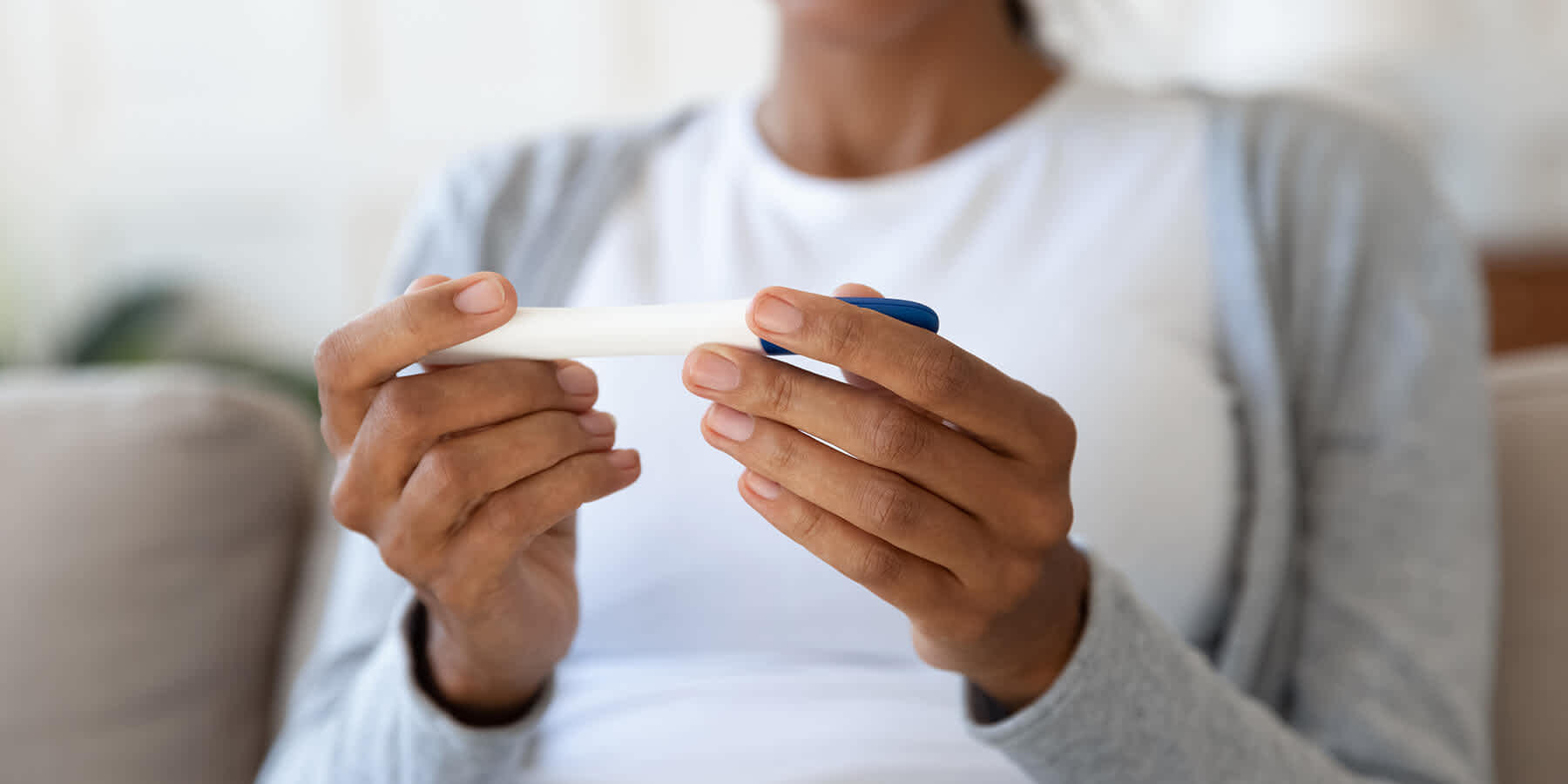
Understanding FSH Levels: How FSH Levels Are Connected to Age and Fertility
Medically reviewed by Rosanna Sutherby, PharmD on March 15, 2021. To give you technically accurate, evidence-based information, content published on the Everlywell blog is reviewed by credentialed professionals with expertise in medical and bioscience fields.
Table of contents
- What Is Follicle-Stimulating Hormone (FSH)?
- What Are Normal FSH Levels By Reproductive Stage?
- How Are FSH Levels Connected to Fertility?
- Related Content
Did you know that follicle-stimulating hormone (FSH) has an effect on everything from fertility to menopause? Knowing what normal FSH levels are and when to check your own FSH levels (which you can do with a fertility test for women) could help you better understand your own reproductive health. Here, we break down FSH levels by reproductive stage and how FSH levels relate to fertility, so read on.
What Is Follicle-Stimulating Hormone (FSH)?
Hormones are the body’s “chemical messengers” that help regulate many different processes and functions in the body. Follicle-stimulating hormone, or FSH, is a hormone released by the pituitary gland (located at the base of the brain) that plays a key role in the menstrual cycle [1].
During the first half of the menstrual cycle, increased levels of FSH work in concert with luteinizing hormone (LH) to tell the ovaries to make more estradiol (estrogen), while also recruiting and stimulating an egg in the ovary to mature for ovulation [1].
FSH is typically measured on days 3-4 of a normal cycle because this gives a good baseline level for FSH before it begins rising rapidly during the ovulatory phase of the menstrual cycle [1].
What Are Normal FSH Levels By Reproductive Stage?
There is no definitive criteria for diminished ovarian reserve; however, a follicle-stimulating hormone (FSH) level greater than 10 IU/L may be associated with a less robust response to ovarian stimulation [2]. Research also suggests that FSH levels less than 10 IU/mL demonstrate likely normal ovarian reserve, 10 to 20 IU/mL is intermediate, and an FSH greater than 20 IU/mL is a poor prognosis for spontaneous ovulation due to low ovarian reserve [3].
There’s one key thing to keep in mind when it comes to normal FSH levels: reference ranges can differ depending on the sample type, the day of collection, and the laboratory conducting the test. Each lab must define its own reference range for each type of test since collection kit materials, chemicals used to perform testing, lab instruments, and more can vary from lab to lab. This is a normal part of the lab testing process—so it’s best to interpret your FSH test results using the reference ranges provided by the laboratory used for testing.
When you take our at-home Women's Fertility Test to check your FSH level, you receive easy-to-understand digital results that tell you how your FSH level compares to the reference range.
How Are FSH Levels Connected to Fertility?
The American Society for Reproductive Medicine, known as ASRM, defines ovarian reserve as a woman’s fertility potential in the absence of any problems in the reproductive tract; in other words the total number of healthy eggs in the ovaries. As women age, FSH levels tend to naturally increase in response to a decline in ovarian function; when that happens this hormone then increases to try to stimulate ovarian function [4]. A diminished ovarian reserve can contribute to difficulty getting pregnant and overall infertility.
In this way, FSH testing may help you better understand your ovarian reserve and provide beneficial information related to your fertility. Of course, it’s a good idea to share your results with your healthcare provider and/or your OB/GYN. They will be able to review your results in combination with a physical exam, medical history, and other potential tests to provide you with an overall picture of how your FSH level may impact your fertility.
Want to better understand your ovarian reserve in relation to your reproductive stage? Shop the Everlywell at-home Fertility Test and get digital results days after you mail your sample to the lab for testing.
Related Content
What Is Follicle-Stimulating Hormone (FSH)? FSH Explained
What This Women’s Hormone Test Can Reveal About Your Health
What Is a Diminished Ovarian Reserve?
References
- FSH Levels by Age - Follicle Stimulating Hormone Levels with Chart. Center for Human Reproduction. URL. Accessed March 15, 2021.
- Infertility Workup for the Women’s Health Specialist. American Society of Reproductive Medicine. Vol 781:6. June 2019. Accessed November 4, 2022.
- Female Infertility. StatPearls [Internet]. URL. Accessed November 4, 2022.
- Follicle stimulating hormone. Society for Endocrinology. URL. Accessed November 4, 2022.
